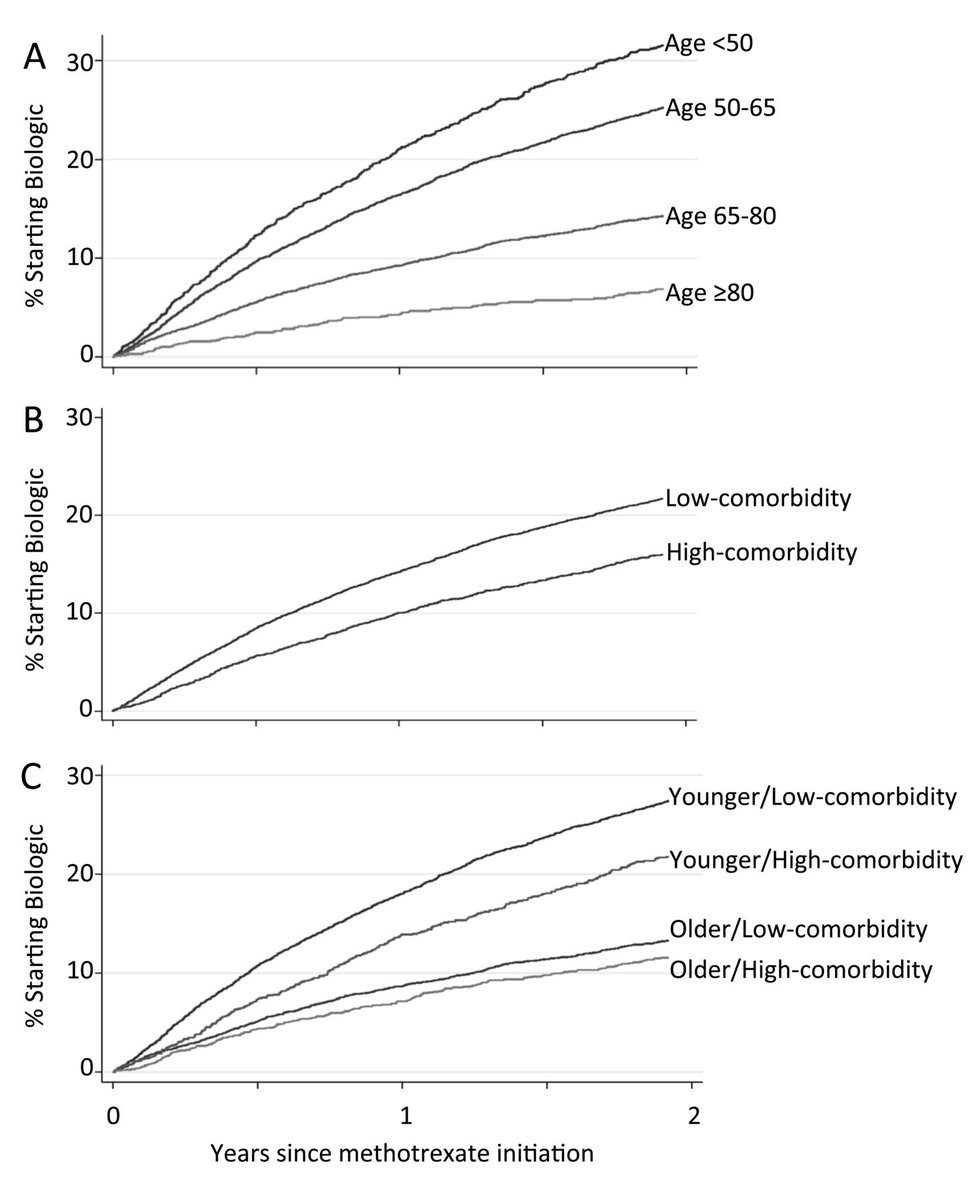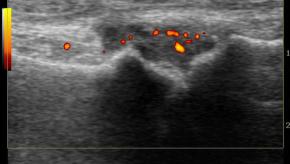All News
RheumNow Podcast – Upadacitinib FDA Approved for RA (8.23.19)
Dr. Jack Cush reports on the news and journal reports from the past week on RheumNow.com, including: how your genetics may shape your microbiome; GERD as a risk factor for TMJ?; how can MDA-5+ dermatomyositis be any worse; new drug happenings; StillsNow.com; and more.
Read ArticleA Multidimensional Definition of Remission
A study from Leeds suggests 'multi-dimensional remission' (MDR) can be seen in one-third of RA patients achieving DAS28-remission; such patients have better patient-reported outcome measures, making it an optimal goal, especially from a patient's perspective.
Read ArticleOsteoporosis Tx: Good for Bones, but Not for Cutting Death Risk
Osteoporosis treatments were not linked with reduced overall mortality, according to a meta-analysis of placebo-controlled trial data.
Read ArticleGood Pregnancy Outcomes for DMARD Exposed JIA Patients
A study of pregnancy outcomes in 98 women with juvenile idiopathic arthritis (JIA) who were exposed to DMARDs shows no increased risk of major adverse pregnancy outcomes.
Read ArticleAutoantibodies Don't Disappear With Remission in RA
Immunologic remission in rheumatoid arthritis, defined as the disappearance of anti-citrullinated protein antibodies and rheumatoid factor, was seen infrequently among patients achieving sustained clinical remission and did not correlate with the disappearance of symptoms, a long-term Dutch study found.
Read Article
Dr. John Cush RheumNow ( View Tweet)

Links:
Dr. John Cush RheumNow ( View Tweet)

Dr. John Cush RheumNow ( View Tweet)

Dr. John Cush RheumNow ( View Tweet)

RCT of 139 knee OA pts given either curcumin 500-mg tid or diclofenac 50-mg bid. At days 14 and 28 both had similar improvement in pain and KOOS score; but curcumin had better tolerance, less GI sxs and H2 blocker use. https://t.co/tcsDQWQOMg

Links:
Dr. John Cush RheumNow ( View Tweet)

Dr. John Cush RheumNow ( View Tweet)

Links:
Dr. John Cush RheumNow ( View Tweet)

Links:
Dr. John Cush RheumNow ( View Tweet)

Links:
Dr. John Cush RheumNow ( View Tweet)

Analysis of 128 Pediatric Rheum pts (JIA, FMF, etc) analzyed for reactions to 8 different biologics during 32,494 infusions/injections - the frequency of anaphylaxis (from TCZ or RTX) was 3.9% in children. https://t.co/GzvcR0R7Bv
Links:
Dr. John Cush RheumNow ( View Tweet)

Links:
Dr. John Cush RheumNow ( View Tweet)

Links:
Dr. John Cush RheumNow ( View Tweet)

Links:
Dr. John Cush RheumNow ( View Tweet)

Are you an Expert in Still's disease, Periodic Fevers, FMF or Autoinflammatory Dz? Please let me know ASAP - I want to add you to the list! https://t.co/UwKkco8q1N





